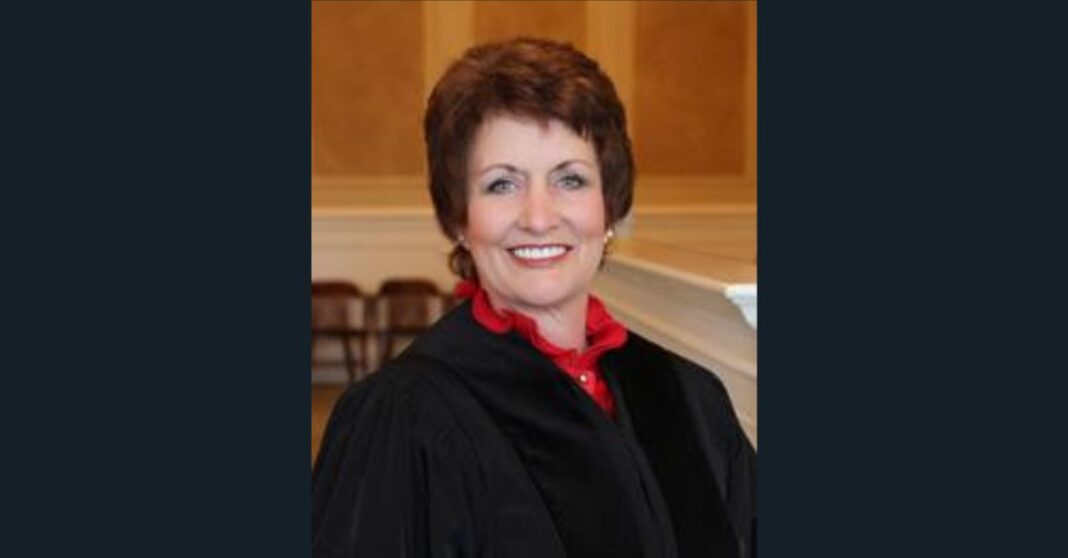Karen Baker, the newly elected Chief Justice of the Arkansas Supreme Court, has found herself at odds with her fellow justices just days into her tenure. In a surprising move, Baker tried to fire more than 10 court employees on her own, but her actions quickly sparked pushback from other members of the court.
Karen Baker made history as the first woman elected as Chief Justice in Arkansas, taking her oath on January 1. On the same day, two new associate justices, Cody Hiland and Nicholas Bronni, also joined the bench. But by January 2, tensions were already running high. Baker called a meeting with the Director of the Administrative Office of the Courts, Marty Sullivan, and the Chief of Supreme Court Police. The meeting reportedly centered on how they handled Freedom of Information Act requests related to her.
At that meeting, Baker hinted she might fire them, saying she had written termination letters but hadn’t decided whether to use them. The next day, she made her decision clear—reportedly firing the police chief and preparing to dismiss several other employees, including directors of various court divisions like juvenile justice, judicial education, and alternative dispute resolution.
But Arkansas law doesn’t allow the Chief Justice to fire court employees without the approval of at least four of the seven justices or the Administrative Officer of the Courts, Marty Sullivan. Sullivan didn’t agree to any terminations, and most of Baker’s fellow justices were quick to step in.
Five associate justices—Rhonda Wood, Barbara Webb, Shawn Womack, Cody Hiland, and Nicholas Bronni—issued an administrative order on January 5, blocking any terminations. They expressed their disappointment and frustration with Baker’s actions, calling them unnecessary and potentially disruptive to the state’s court system. The sixth justice, Courtney Hudson, didn’t participate in the order.
Sullivan, in a letter to Baker on January 3, didn’t hold back his criticism. He called the attempted firings “reprehensible” and accused Baker of retaliation and intimidation. “This is an extremely sad day for those who care about justice in Arkansas,” he wrote. He also praised his team for their service, describing the situation as outrageous and unacceptable.
According to the administrative order, Baker didn’t consult or inform the other justices before taking action. When asked about her reasons for firing so many employees, she reportedly said she had “millions of reasons” but refused to elaborate. When confronted with concerns about how the employees and their families were feeling, Baker’s response was that it was “good” they were scared.
The justices made it clear that they believed Baker’s actions were retaliatory. Some of the employees targeted for termination had pending complaints about her, raising questions about her motives. The justices apologized to the employees and their families, emphasizing how these actions could have disrupted the court’s ability to function across the state.
“This situation is unnecessary and unfortunate,” the justices wrote. Their order officially rescinded any terminations made after January 1, ensuring that all affected employees would remain in their roles.
For now, the drama at the Arkansas Supreme Court seems to have been reined in, but the underlying tensions within the judiciary remain unresolved.
